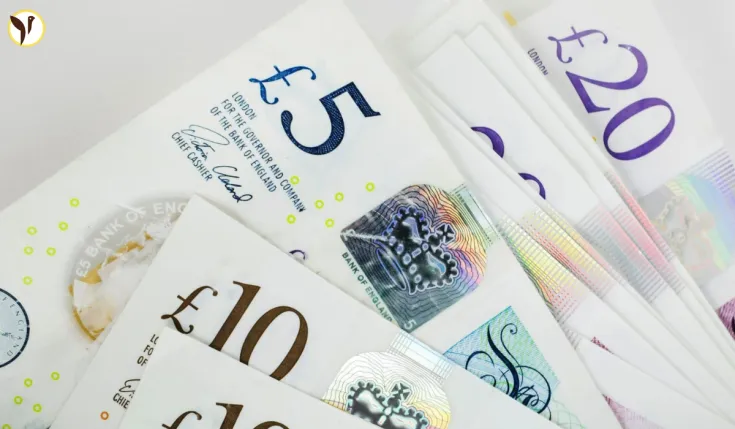Universal Credit £420 Boost: More Money in Your Pocket
Millions of struggling UK households are breathing a sigh of relief! A major benefits change, effective April 30th, 2025, is putting hundreds of pounds back into the pockets of those who need it most. This article explains the Universal Credit £420 boost, the Fair Repayment Rate change, and what it means for you.
The Fair Repayment Rate: A Game Changer for Universal Credit Claimants
The core of this significant change is the reduction in the Universal Credit deduction cap for debt repayment. Previously, up to 25% of a claimant's Universal Credit could be automatically deducted each month to cover debts like benefit overpayments, rent arrears, or utility bills. This often left families struggling to make ends meet. The new Fair Repayment Rate lowers this cap to 15%, providing crucial financial breathing room.
- Who benefits? Over 1.2 million low-income households, including 700,000 families with children, will see an average annual increase of £420 in their Universal Credit payments.
- How much extra? The average increase is £35 per month, totaling approximately £420 annually. This is a significant amount for struggling families managing the cost of living crisis.
- What debts are affected? The reduced deduction applies to most debts, including benefit overpayments, rent arrears, and utility bills. Exceptions include cases involving fraud or sanctions.
This change is more than just a number; it represents a tangible improvement in the lives of millions. The extra money can make a real difference in covering essential expenses, providing a buffer against unexpected costs, and reducing financial stress.
Government Statements & Wider Plan for Change
Chancellor Rachel Reeves stated: "From today, 1.2 million households will keep more of their Universal Credit and will be on average £420 better off a year. This is our plan for change delivering, easing the cost of living and putting more money into the pockets of working people."
Work and Pensions Secretary Liz Kendall added: "We are taking decisive action to ensure working people keep more of the benefits they're entitled to – which will boost financial security and improve living standards." This change is part of the government's broader "Plan for Change," aimed at improving living standards and increasing employment rates.
- Get Britain Working White Paper: This initiative aims for an 80% employment rate, involving Jobcentre overhauls and new jobs services.
- Youth Guarantee: Ensuring every young person is either earning or learning.
- Extended Household Support Fund: £742 million allocated to councils to help low-income households.
Understanding Universal Credit Deductions and the £420 Boost
The Universal Credit standard allowance forms the base payment, before any additional elements (for children, disability, etc.) or deductions are applied. The taper rate (currently 55%) reduces the amount received as earnings increase. There is also a work allowance, allowing for a certain income level before Universal Credit is affected. This £420 boost directly impacts the standard allowance by reducing the percentage taken for debt repayment.
Conclusion: A Step Towards Financial Stability
The Fair Repayment Rate change is a significant step towards improving the financial stability of millions of low-income households in the UK. The average £420 annual increase in Universal Credit payments offers tangible relief, enabling families to better manage their budgets and cope with the ongoing cost of living crisis. This is a key component of the Government's broader strategy to alleviate poverty and create greater economic opportunity for all.






